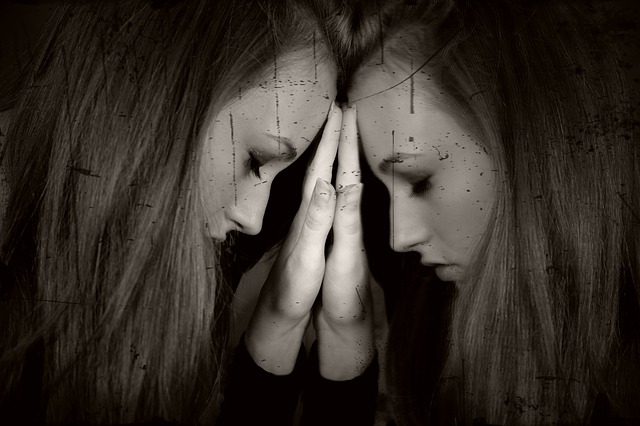* This is a follow up piece to my article, Real Adults don’t do Drama.
I was bold in conveying the image of adults as intelligent, reasonable and compassionate human beings who are not beholden to the extremes of emotional reactivity.
And I left it at that.
So, if we do not react dramatically at the whim and mercy of every little issue, then how do we exist as humans? Are we to become emotionless beings walking around in perpetual poker face, where nothing affects us?
No, I don’t think so.
Having done a lot of emotional and relational work over the years, I don’t experience real drama in my life now. That does not mean, however, that I do not have feelings.
Emotions are information.
They are feelings that emerge within our bodies in response to the circumstances of our surroundings. This information is important because it gives us cues about how to respond appropriately to the inevitable waves in the ocean of our lives.
When we are living a drama-free life, what changes is how we react to our feelings.
Drama occurs when our feelings overwhelm us into volcanic eruptions of unconscious reactive behaviour. We lash out at those around us, or even ourselves, as if we could stop a landslide by yelling at it.
In drama, we think that the more commotion and noise we make, the faster the situation is going to be rectified. Drama blames and oppresses others or victimizes ourselves. These can be big, blown out, yelling matches or subtle, passive-aggressive affairs that erode and rot relationships over time.
The opposite of drama is responsibility.
It is the ability to see the bigger scope and context of a situation. When we seek to understand and resolve an issue we need information. Emotions are just one aspect of that information.
In conflict, I ask myself what is it that I am feeling: am I angry, hurt, afraid?
If I can connect to my own experience and observe it, I can share it with the other without making them at fault. No-one can actually make us have a feeling. They cannot reach inside our body-mind and squeeze some aspect of us to turn on or off some feeling.
They can, however, evoke something that already exists within us. Our proximity to another can cause evoke all kinds of feelings —it all arises inside ourselves. Our own history and upbringing determine exactly what emotions we feel in a way that is completely unique to us.
What I experience in response to the same stimulus is going to be quite different than what someone else experiences. What hurts another’s feelings might be easily shrugged off by me and vice versa.
Let’s consider the other person’s experience. What are they feeling?
We can look at our feelings and theirs and begin to observe all the effects. What happened, exactly? What is it that it causes us to feel this way? Maybe some way they acted clashes with a belief around appropriate behavior for me.
In drama, I will blame and make the other wrong for something they did.
In dharma, I will share the impact a situation had on me and also seek to discover what it is that was going on for the other. Maybe they have no idea whatsoever what is inappropriate for me–it may be totally normal for them.
If I didn’t slow down to understand the source of my disconnect, I would never know. Now that we have taken the time to unpack this altercation, amazingly we just learned new things about each other! From this place of mutual understanding we can make new decisions about where to go next.
Perhaps our different views on this issue are big enough that the relationship we envisaged between us will not work out. From this mature place, we can negotiate a transformation into some other form, perhaps we become friends instead of partners. Noone is blamed and noone is wrong, we just hold different perspectives and that is totally okay.
This is growing up in a very real way.
The ability to stand outside of and witness our emotions (while simultaneously feeling them fully—which is embodiment) occurs as we mature. I never stop feeling, I just become less attached to my feelings as complete reality. My emotions are a part of a never-ending picture that is being painted moment-by-moment. I can zoom in on a feeling, admiring and reveling in the beautiful intricacy and delicate subtleties that it contains—then I can share those with another.
What would our world be like if this was a normal practice for adults? I think it would be phenomenal if we all managed to cultivate this spaciousness for our own and other’s feelings, using conflict and disagreement as opportunities to learn and discover more about each other.
What if, as nations, we investigated deeply our cultural uniqueness versus trying to impose “our way is the right way” onto everyone else?
We can create this change in the world, right now and in every moment by choosing to respond versus react. By choosing dharma over drama collectively we create the possibility for ever-more beauty in this world we share.
~
Relephant read:
Breaking the Blame Cycle.
Author: Damien Bohler
Editor: Ashleigh Hitchcock
Photo:pixabay



Read 0 comments and reply